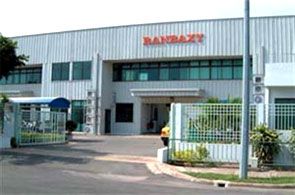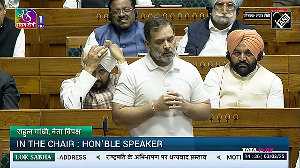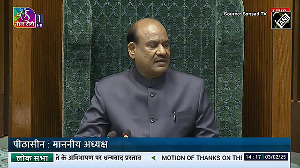The tussle between the US Food and Drug Administration (US FDA) and Ranbaxy is likely to hit the plans of Indian pharmaceutical companies of making it big in the US generic drugs market. Apart from the fact that their image may take a beating, the additional scrutiny on abbreviated new drug applications (ANDAs) from India would lead to more delays in drug approvals.
Last week, Ranbaxy had agreed to pay a fine of $500 million to settle litigation related to selling adulterated drugs in the US market. The company was charged with an intention to defraud, as well as failing to report the fact that its drugs did not meet required specifications.
 Sujay Shetty, executive director at PricewaterhouseCoopers, said, “US FDA, which is under pressure over quality concerns, will carry out additional scrutiny over ANDAs filed by Indian generic makers, and this would definitely slow the approval process….The shortage of staff at US FDA is already causing a delay in ANDA approvals.”
Sujay Shetty, executive director at PricewaterhouseCoopers, said, “US FDA, which is under pressure over quality concerns, will carry out additional scrutiny over ANDAs filed by Indian generic makers, and this would definitely slow the approval process….The shortage of staff at US FDA is already causing a delay in ANDA approvals.”
Last year, Indian drug makers accounted for 178 of the 476 ANDA approvals by the US FDA. With 31 ANDA approvals, Aurobindo Pharma received the third-highest generic approvals, after Mylan Pharma and Apotex.
Tapan Ray, director general, Organisation of Pharmaceutical Producers of India, a representative entity of multinational pharmaceutical companies in India, said after recent incidents, including the Ranbaxy case, the image of India as a low-cost generic drugs manufacturer could be adversely impacted. “In the backdrop of such high-decibel quality concerns raised by US FDA, the level of apprehension regarding the effectiveness of generic drugs made in India may increase, unless some tangible remedial measures are taken forthwith,” he said.
In February, Jubilant Life Sciences had received a US FDA letter that cited major violations of manufacturing standards at its facility in Canada. The US FDA might delay drug approvals until Jubilant HollisterStier General Partnership took necessary corrective steps, Jubilant had said in a statement.
D G Shah, secretary general, Indian Pharmaceutical Alliance, believes competitors in the US generics market would use the recent episodes as tools to reduce demand for Indian generic versions in that market. “There would be a collateral damage. Other large generic makers could create propaganda against Indian copycat drugs, through their connections with practitioners and other related parties,” Shah said.
Not just Indian pharmaceutical companies, many others, too, had been issued cautionary letters by US FDA, either for violation of norms or for selling substandard drugs, Shah said. In March, Johnson & Johnson had recalled about two million glucose meters, following the death of a patient in Europe after an inaccurate blood-sugar reading.
In 2007, US-based Merck & Co had agreed to pay $4.85 billion to settle most claims its painkiller Vioxx had led to thousands of users reporting heart attacks and strokes. This was one of the costliest settlements in the pharmaceuticals sector.












 © 2025
© 2025